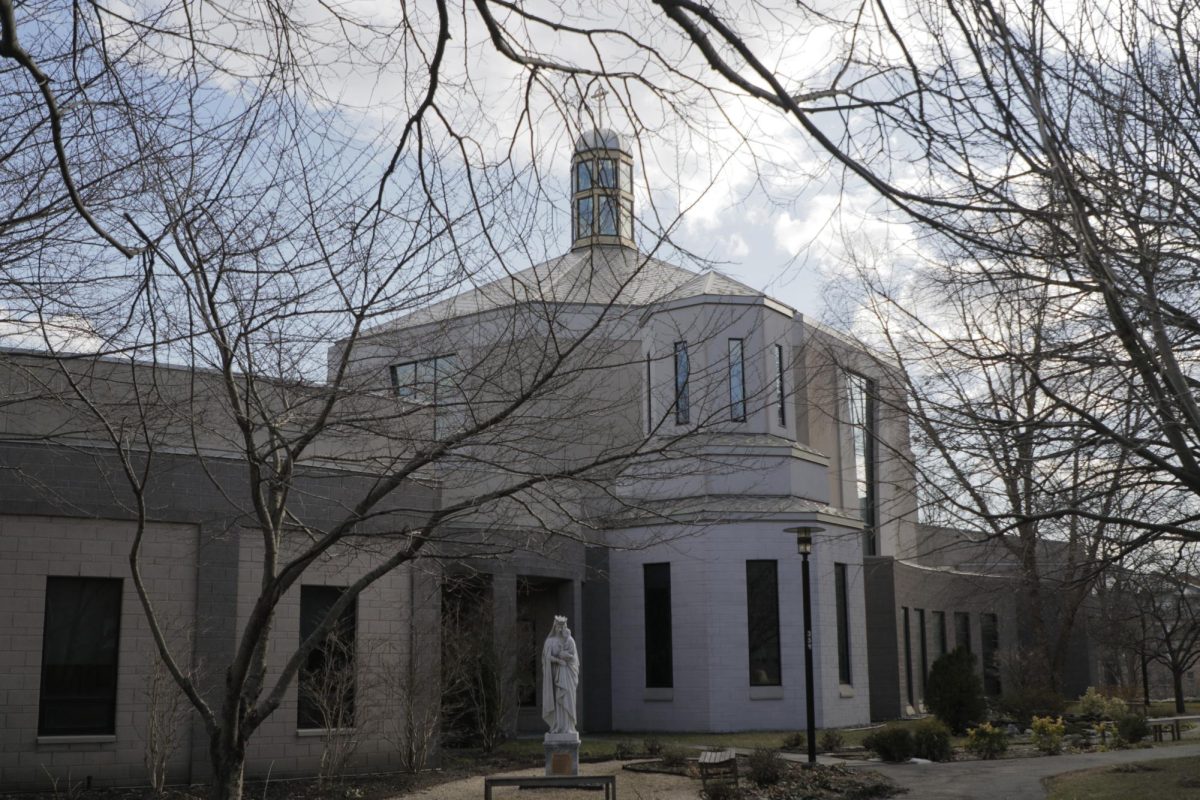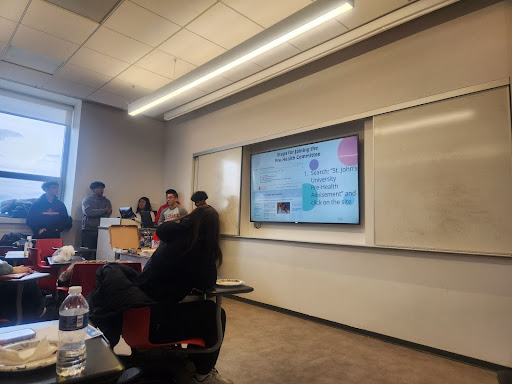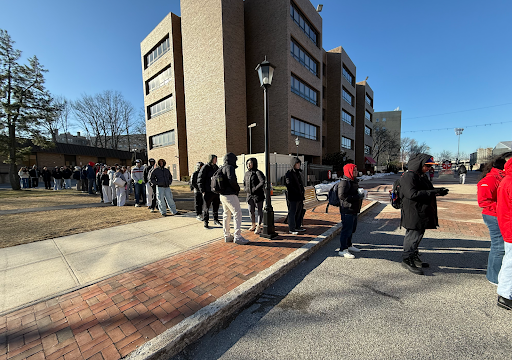
The St. John’s University Office of Residence Life has called on students to “uphold the dignity of all people” in response to concerning activity on YikYak.
The app, which allows users to post and interact with anonymous messages within a five-mile radius, has a history of controversy on college campuses. While originally designed to foster local, community-based conversations, the app has often faced criticism for enabling bullying, misinformation and toxic behavior due to its anonymity.
In a campus-wide email sent to resident students on Nov. 12, the Office of Residence Life addressed the issue directly:
“Recently, we have observed troubling instances of harassment, discourtesy, and vulgar language on anonymous social media platforms like YikYak,” the email read. “It is this very anonymity that contributes to an unfiltered degradation of our civility and respect for each other. The St. John’s University Core Values stand as a proud contrast to this behavior.”
The email encourages students to utilize “YikYak’s downvoting and reporting functions to help remove harmful content.”
Junior legal studies and resident student Shannon Connolly believes the app is “not useful.”
“I see a lot of people spreading misinformation or starting rumors and scandals. You can never go on the app and have a pleasant experience.”
Connolly, who’s been affected personally, said the app is filled with outings of students, sororities and fraternities.
“Someone went on the app and said my suite was having a dorm party. None of my roommates knew where it came from and what it was about.”
“It’s toxic,” she continued. “People are talking about specific people or organizations and usually name-dropping. Because it’s anonymous, you can post whatever and go after random people.”
Sophomore finance major Jackson Voyda, who has been on the app, expressed concern about the its usage.
“At first, it was a way for students to voice their concerns about the University anonymously — like the dining hall, professors and classes. Since then, it’s been plagued by Greek life. Now, it’s used as a way to talk badly about other people.”
Voyda believes that the app could be used positively.
“If students used it properly, they could express their problems and concerns towards the school with the shield of anonymity which could allow them to speak their minds freely.
But with anonymous forms of social media, “it’s always going to turn into a toxic environment,” Voyda said.
In response to inquiries from The Torch, University Spokesperson Brian Browne confirmed that the administration was aware of “derogatory comments” posted anonymously but stated they “haven’t observed any instances of hate speech from the YikYak app affecting real-life interactions on campus.”
Universities like the University of North Carolina systems have pushed for legislation to restrict YikYak and other types of anonymous apps off of campus-WiFi. In October, Pacific University in Oregon issued statements regarding threats against Black students on the app. Other institutions like Connecticut College and Wilkes University have also expressed concern from students.
The email encouraged all students to “report defamatory, violent, or racially charged language to the department of public safety at 718-990-6281 or our University bias report form,” with violations possibly being referred to the office of student conduct and/or local law enforcement.









